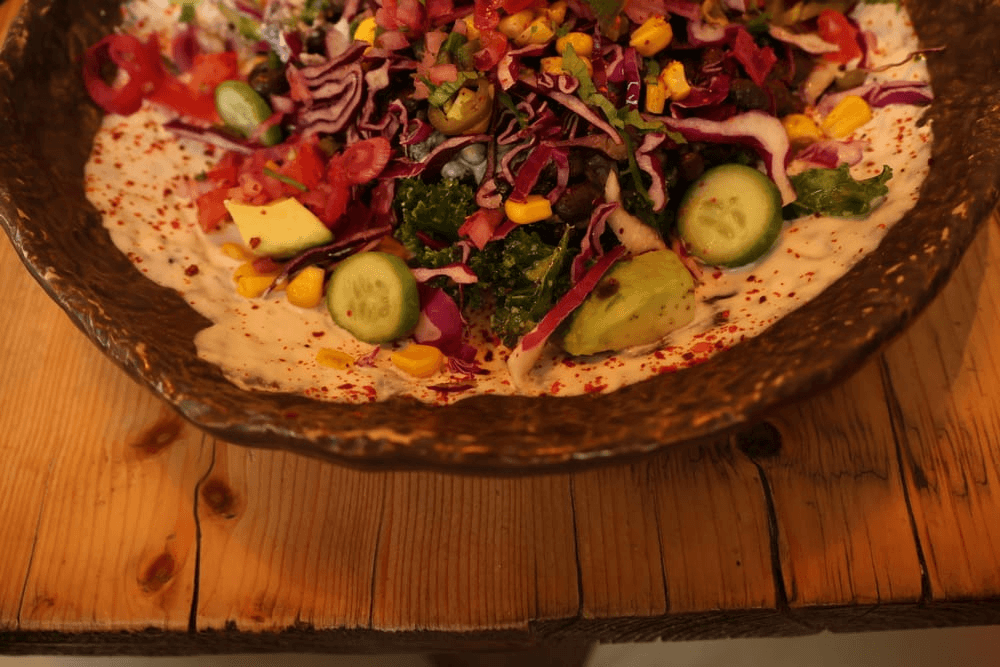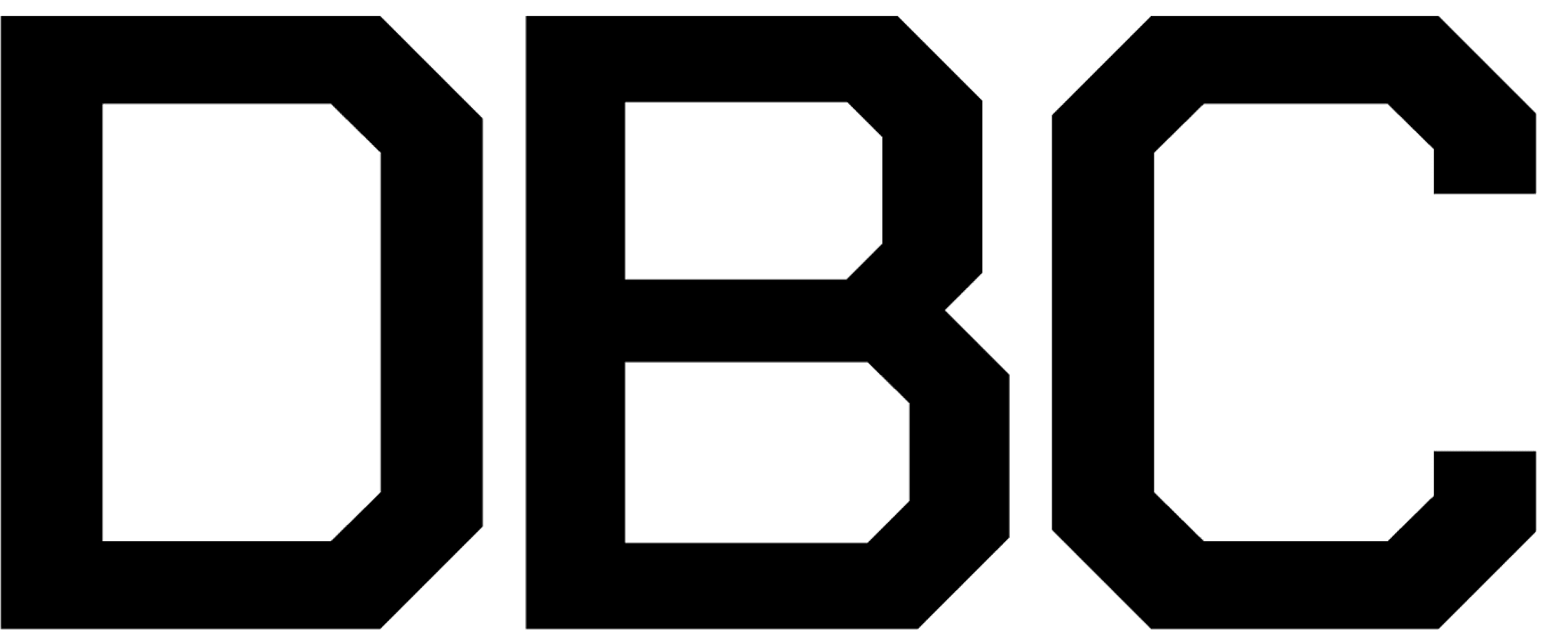3
min read
Adequate protein intake is crucial across all ages. Protein has an impact on our body systems and plays a role in regulating body weight and satiety - the feeling of fullness, affecting our body composition and muscle development.
Getting enough protein is a lot easier if you consume meat, fish, and eggs. Vegan sources of protein have a lower protein density in general, which means that volumes and frequency of these foods need to be taken into account when planning your diet.
Let’s consider some important points before suggesting how to proceed with including enough protein in a vegan diet.
Define your goals
Whether your protein intake is derived from vegan or non-vegan sources, we must first consider our goal. Is it health maintenance? Is it muscle growth? Is it weight loss or weight gain? This will dictate the amount of protein you should be consuming.
Nevertheless, recommendations for protein intake can be misleading. An intake of 0.8 g/kg body weight/day is suggested in current health guidelines for adults, in general. Even though this is a “recommended dietary allowance” it should not be interpreted as a recommended optimal intake. Because effectively it’s not – this recommendation represents the minimum intake to guarantee adequate amino acid intake and one that prevents muscle mass loss for the majority of the population.
So, to answer this question, you definitely need to consume a minimum of 0.8g/kg of protein per day for health maintenance. For other goals, it is likely that this quantity is insufficient. Unfortunately, recommendations haven’t yet been refined so as to guide protein intake in vegans.
What does this translate to?
If you consider a 60 kg adult, this would translate into 48g of protein/ day.
This would easily be accomplished with the following:
Meal 1:
100g soy yogurt (~4g protein)
40g oats (~5g protein)
10g nuts (2g protein)
Meal 2:
150g tofu (~13g protein)
100g cooked quinoa ~(4g protein)
Meal 3:
200g chickpeas (~17g protein)
120g cooked spaghetti (~4g protein)
Note - this is just an example on how to get enough protein. It is not a suggested meal plan as energy and nutrient intake are not being taken into account with this example.
So it’s not complicated to attain protein requirements if I’m vegan?
Achieving an adequate protein intake in vegan diets is not so obvious and intuitive. Particularly, if you engage in regular physical activity, where these minimum amounts are far from enough. In this case, a 60kg adult may require intakes above 1.6g/kg per day. This is twice the amount of protein compared to the previous example! Instead of 48g, we’re talking about 100g or more per day.
With minimum intakes, muscle repair, muscle growth and performance may be compromised.
What can I do to increase protein intake above the minimum?
Make sure to consume protein in every meal of the day
Aim to eat 4-5 meals a day
Include legumes (chickpeas, beans, lentils) on a daily basis in portions above 150g
Include soy sources at least 4x/ week (tofu, tempeh, yogurt)
Try to consume a variety of different cereals in your diet (i.e. oats, quinoa, barley, pasta, rice);
Add nuts to your diet on a daily basis to increase protein and energy intake
If you’re struggling getting enough protein from foods, consider supplementing your diet with protein powder
If you would like help on how to make sure you get enough protein as a vegan and boost your energy levels, schedule a free 1:1 consultation with our certified professionals.













